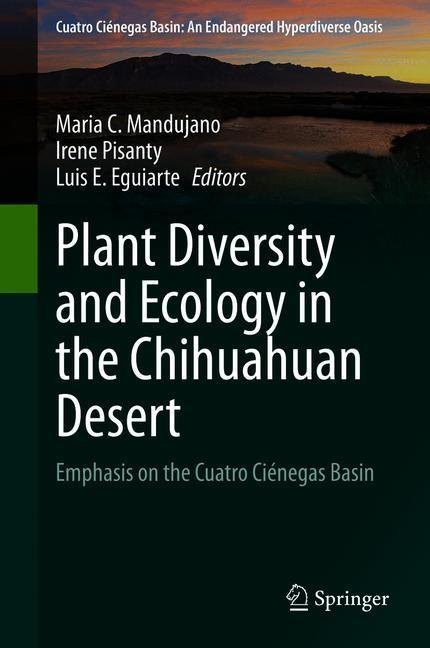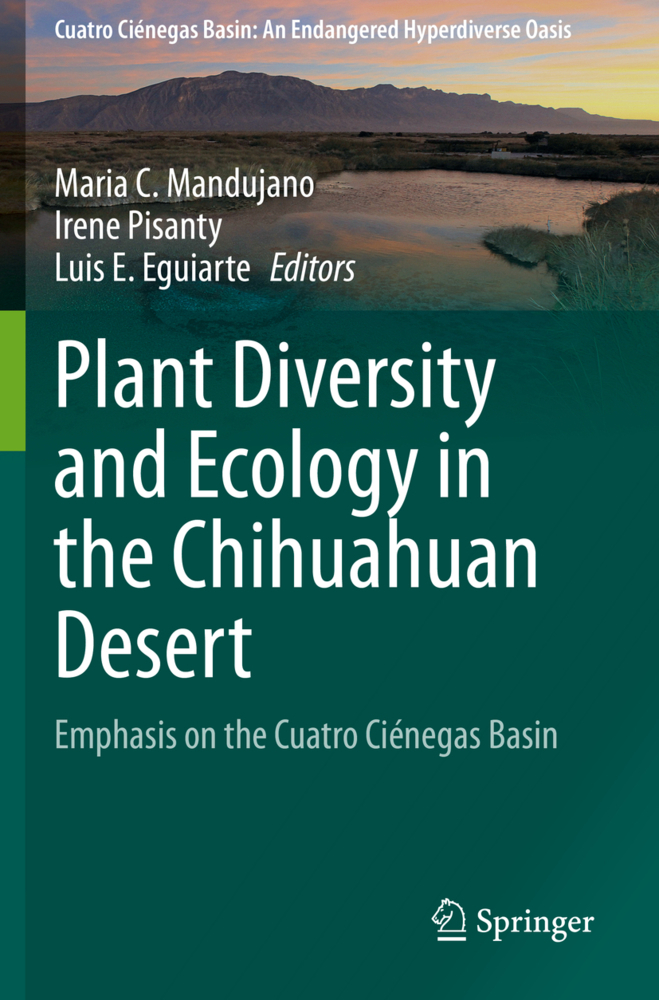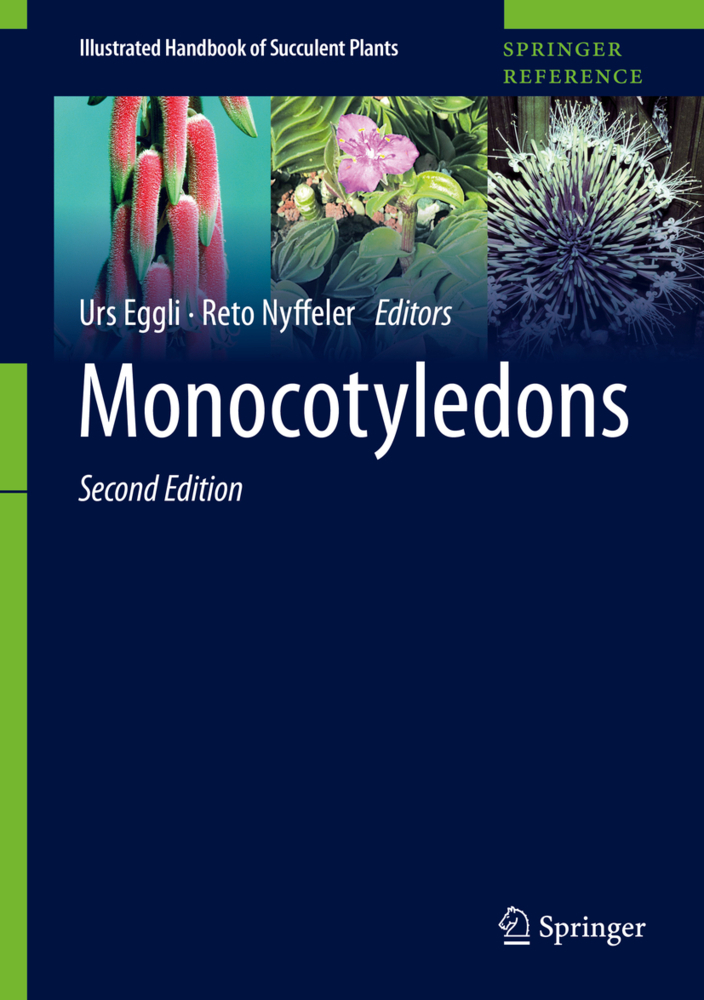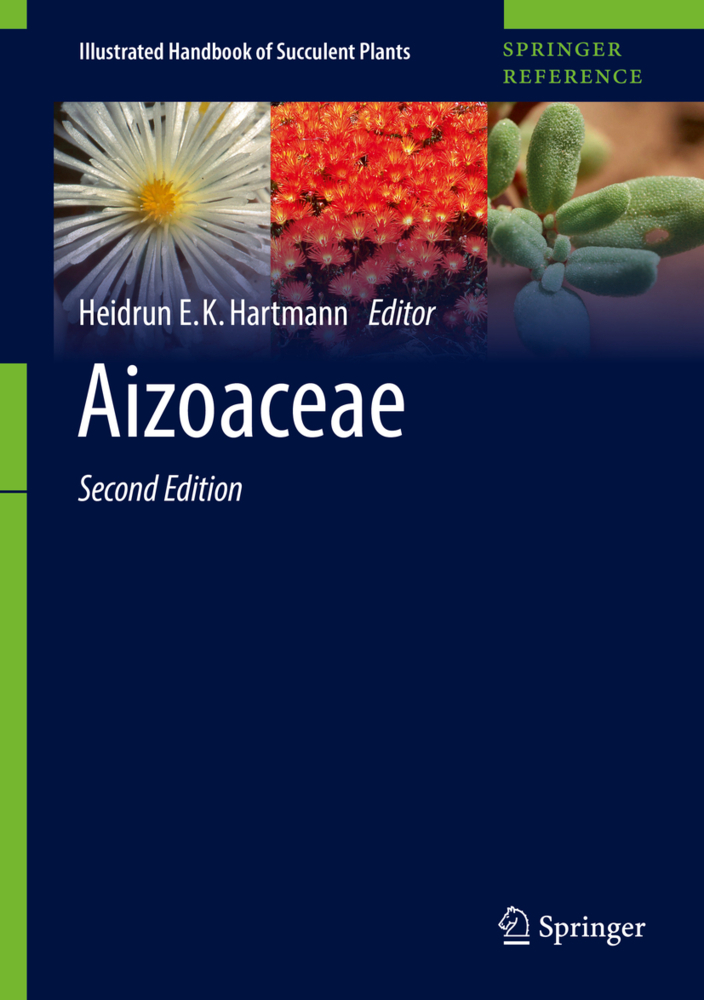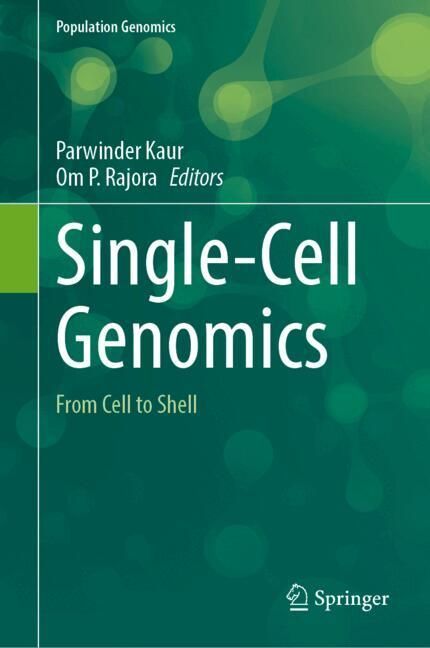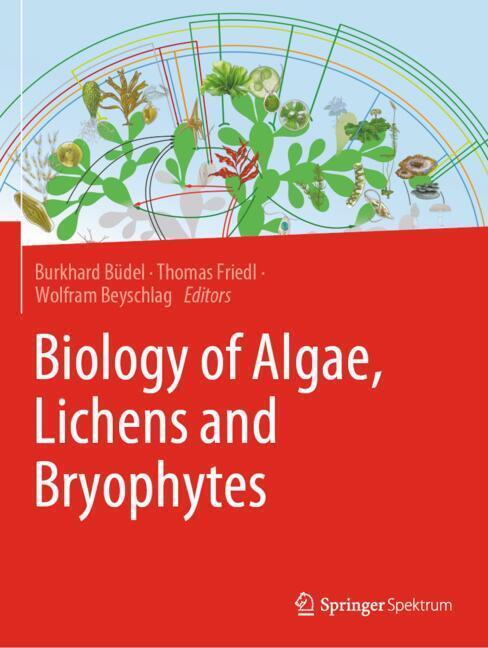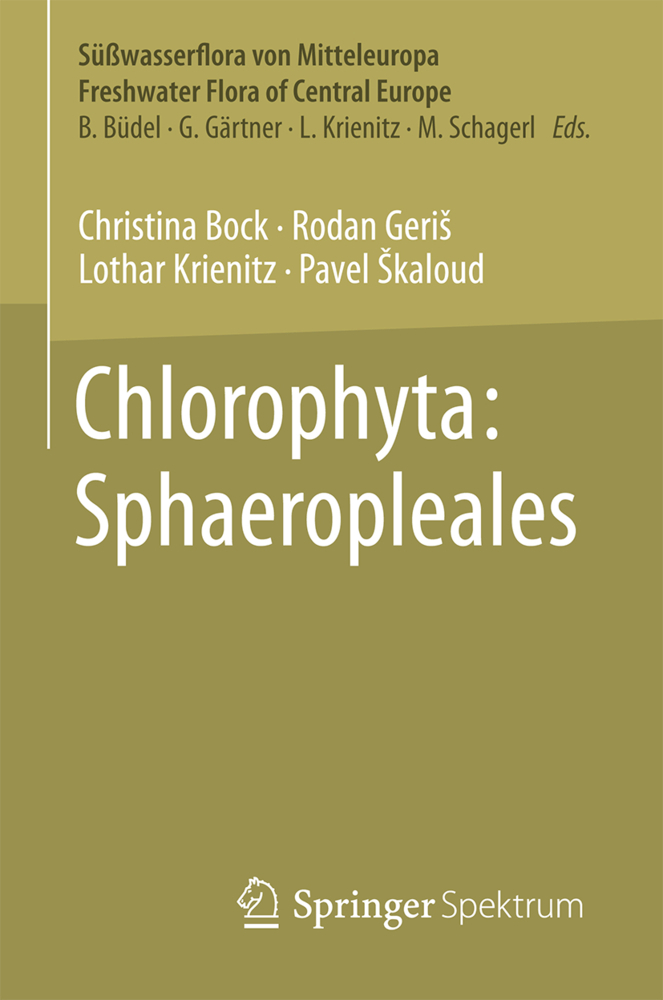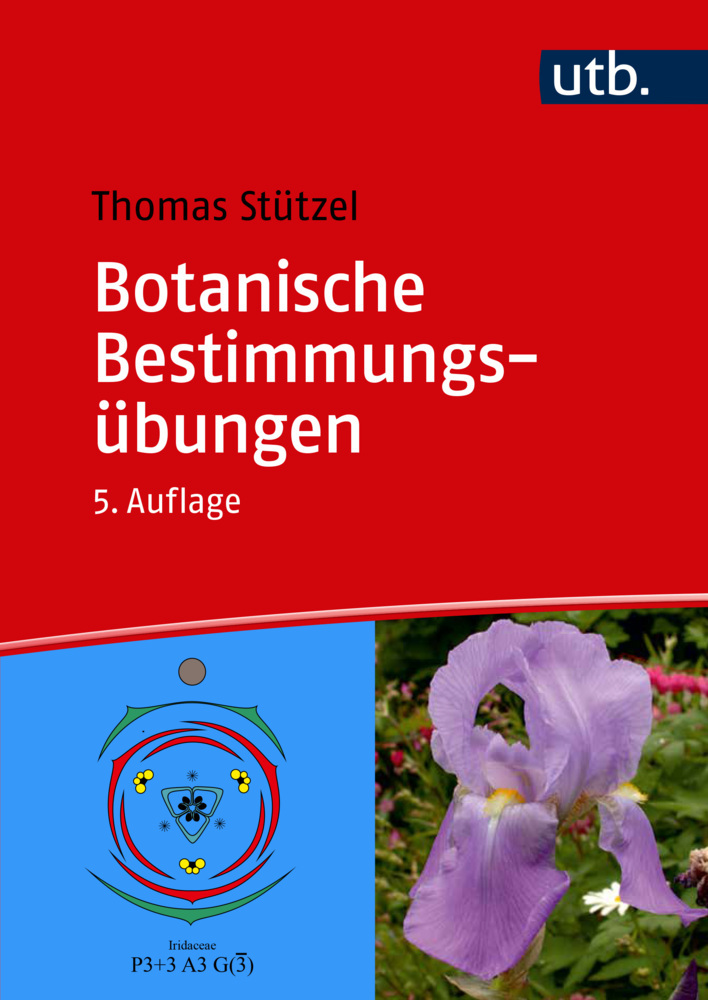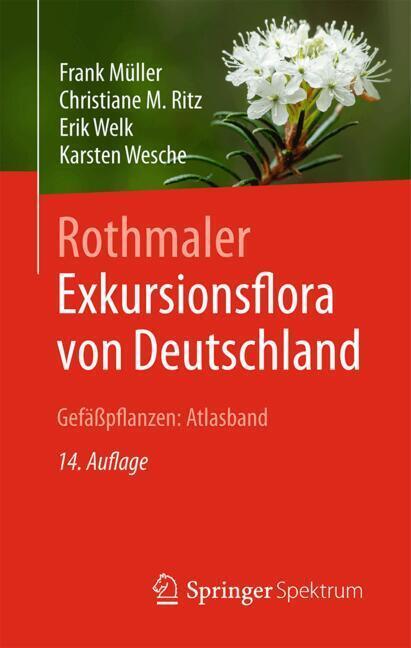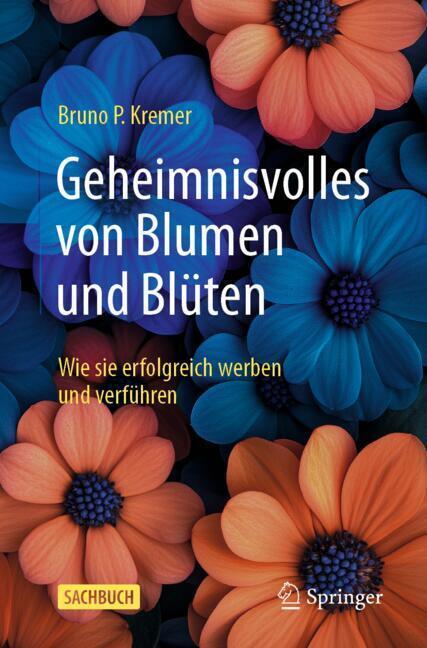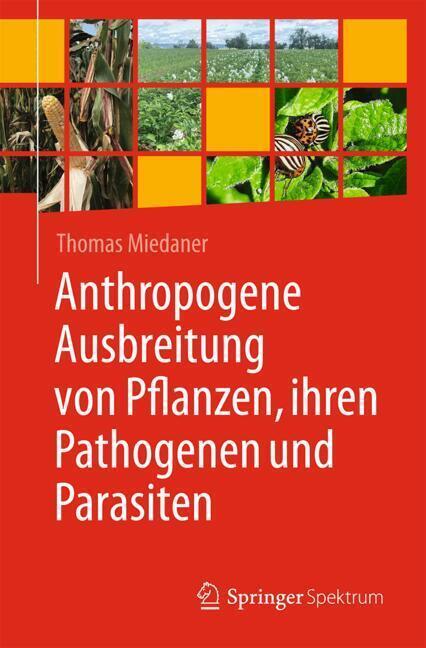Plant Diversity and Ecology in the Chihuahuan Desert
Environmental and specific diversity in the Chihuahuan desert in general, and in the Cuatro Ciénegas Basin in particular, has long been recognized as outstanding. This book provides a global ecological overview, together with in-depth studies of specific processes. The Chihuahuan desert is the warmest in North America, and has a complex geologic, climatic and biogeographical history, which affects today's distribution of vegetation and plants and generates complex phylogeographic patterns.
The high number of endemic species reflects this complex set of traits. The modern distribution of environments, including aquatic and subaquatic systems, riparian environments, gypsum dunes and gypsum-rich soils, low levels of phosphorous and organic matter, and high salinity combined with an extreme climate call for a range of adaptations. Plants are distributed in a patchy pattern based on punctual variations, and many of them respond to different resources and conditions with considerable morphological plasticity. In terms of physiological, morphological and ecological variability, cacti were identified as the most important group in specific environments like bajadas, characterized by high diversity values, while gypsophytes and gypsovagues of different phylogenies, including species with restricted distribution and endemics.María C. Mandujano studied Biology at the Metropolitan Autonomous University (UAM), and obtained her PhD from the National Autonomous University (UNAM), prior to completing her postdoctoral studies at New Mexico State University, awarded with a grant for a plant ecology project on the LTER (long term ecological research) program. She is currently a researcher at UNAM's Ecology Institute, where she and her students have been studying various ecological aspects of cacti and pollinators in Cuatro Ciénegas and Mapimí, in the Chihuahuan Desert, and more recently in the drylands of Querétaro. Dr. Mandujano works with threatened and invasive plant species along the North American Deserts, being Cuatro Ciénegas one of her favorite places, as a centre of endemism and a unique oasis. She has made important contributions to the demography, life history and floral biology of desert plants, especially in cacti. She is the editor of the Mexican Journal Cactáceas y Suculentas Mexicanas.
Irene Pisanty studied Biology at the School of Sciences (Facultad de Ciencias) of the National Autonomous University of Mexico (UNAM), where she also obtained her Master's degree in Ecology and Environmental Sciences. She is currently an Associate Professor at the same School of Sciences, where she teaches on ecology, population ecology, natural resources and life histories. She is also interested in the implementation of environmental policies based on sound scientific knowledge and worked as a project manager for Ecosystem Conservation at the Commission for Environmental Cooperation (1995-1998), and as a senior advisor to the president of the National Institute of Ecology (INE) (2001-2007). She is currently exploring the responses of soils and plants to water overexploitation and the disturbances it is producing in the Basin, as well as the functional responses of plants in gypsum environments.
Luis E. Eguiarte studied Biology at the School of Sciences (Facultad de Ciencias) of the National Autonomous University of Mexico (UNAM), where he completed his PhD in Ecology in 1990. He subsequently did a postdoc at the Department of Botany and Plant Sciences, University of California at Riverside, under the direction of Professor Michael Clegg. He joined UNAM as an Associate Professor in 1992, and is currently a professor at its Department of Evolutionary Ecology. In 2011 he was awarded the Faustino Miranda Medal by the Institute of Ecology, UNAM, in recognition of his outstanding academic contributions to Ecology. In his research, he studies the evolutionary and ecological mechanisms that generate diversity and adaptation in different organisms, in addition to conservation genetics and the domestication of Mexican plants. He has studied these problems in plants (including Agave, Abies, Bursera, Cucurbita and Zea), in bacteria, in particular in Cuatro Ciénegas, Coahuila, in the Chihuahuan desert, and in various species of mammals and birds, using modern genetic and statistical methods and genomic data.
Mandujano, Maria C.
Pisanty, Irene
Eguiarte, Luis E.
| ISBN | 9783030449636 |
|---|---|
| Artikelnummer | 9783030449636 |
| Medientyp | E-Book - PDF |
| Copyrightjahr | 2020 |
| Verlag | Springer-Verlag |
| Umfang | 327 Seiten |
| Sprache | Englisch |
| Kopierschutz | Digitales Wasserzeichen |

